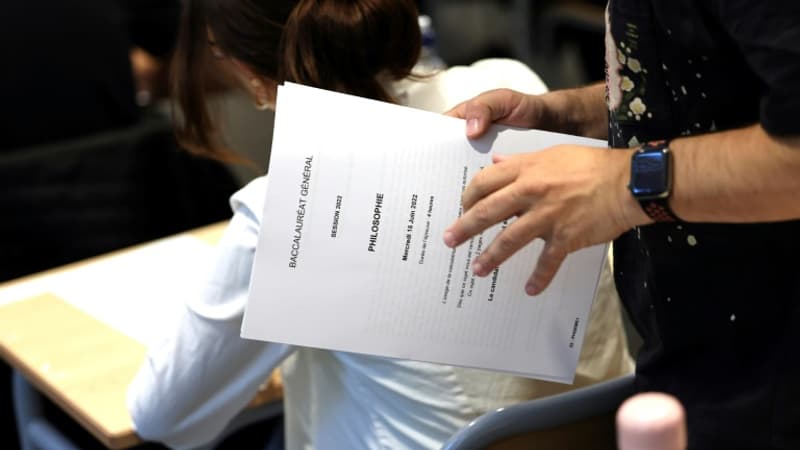Is ChatGPT the ultimate lazy weapon? In schools around the world, the issue is on the table. Because the OpenAI chatbot has demonstrated, since it was made available to the public last December, its ability to offer precise and complete content on all (or almost) possible topics in just a few seconds.
But if the tool can perform feats in math, history, or languages, what good is it for philosophical reflection? BFMTV submitted a ChatGPT plan on one of the Philosophy subjects for High School 2022 to a Philosophy teacher.
So much to say from the start: he was particularly harsh on the result, even if knowing the result came from an algorithm necessarily might have partly biased his final judgment.
It should also be noted that the creators of ChatGPT now prevent the production of a full dissertation, precisely so as not to fuel further criticism. Therefore, it was necessary to settle for a dissertation plan on the topic “Does freedom consist in not obeying anyone?”.
Here is the output generated by ChatGPT.
To address this issue, I begin by defining what I mean by “freedom” and “obedience.” It is also important to consider different philosophical perspectives on freedom, such as freedom as freedom from coercion or freedom as self-determination.
Below, I continue to explore the arguments in favor of the claim that freedom consists in obeying no one. For example, some might argue that obedience to others results in the loss of self and therefore the loss of freedom. On the other hand, I also examine the arguments against this claim, such as the need for certain forms of obedience to maintain social order and security.
It is also important to consider the practical consequences of the claim that freedom consists in obeying no one. For example, how would it affect interpersonal relationships and social institutions?
Finally, complete by providing a personal reflection to give my point of view on the subject, justifying with logical arguments, references to philosophers or examples of specific situations.
a very cold side
“Ultimately, a very artificial plan that does not take into account a reflection”, cuts immediately Marie Perret, associate professor of philosophy and president of the APPEP (Association of teachers of philosophy of public education).
“What we expect from a plan is precisely that it is the transcription of the way in which the student has thought about the subject they have chosen to deal with. And also, there is a very cold side when you read the text, ”she continues. . “When a student chooses to do an essay topic, it’s usually because there’s something about the question that appealed to them.”
And the professor stresses the AI approach. “There is the first sentence to address this issue,” he says. “‘I start by defining what I understand by freedom and obedience’. But that is precisely what students are asked not to do. How do you want to define freedom in a few lines?”, insists the teacher.
Clearly, the ChatGPT approach did not convince the teacher who surely would not have given the average in high school. Should we see the limits of the tool there? The limitations set by OpenAI partly affect the result, but we must not forget that this is the 3rd version of the AI and others will come, always more efficient. However, for the moment, reflection is not yet the prerogative of the machine.
Source: BFM TV


